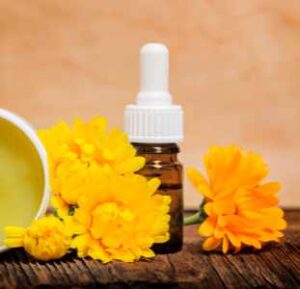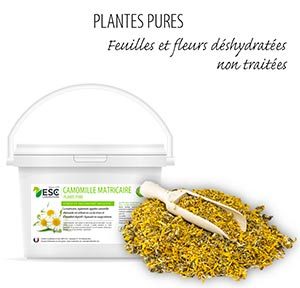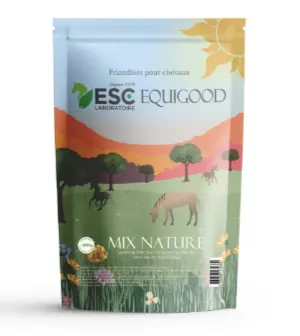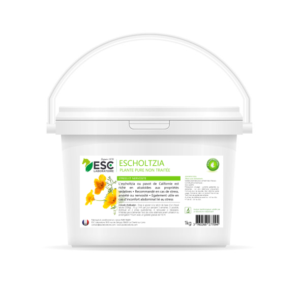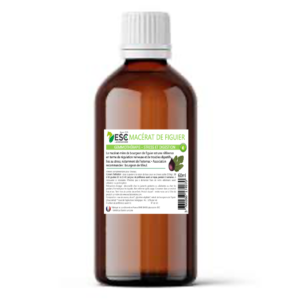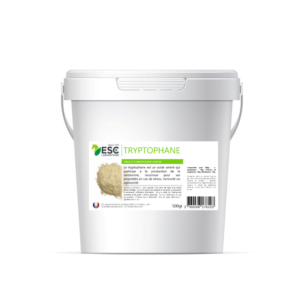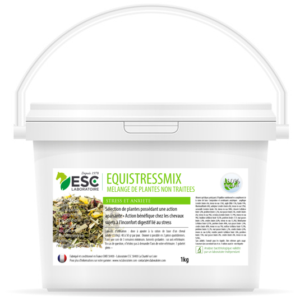Like human beings, lhe horses are sensitive to stress, which they can internalize or externalize in different ways. Above all, remember what stress is a physiological response triggered by the body to a physical or psychological threat.
In any case, this emotional pressure can affect their physical health and in the long term, stress will often cause many more or less serious disorders and diseases.
This is whye create a serene environment for his horse is so important to his mental and physical health. In this article, we explain the effects of stress on the horse and how to prevent, mitigate and naturally relieve it by plants.
Stress in the horse: a more common scourge than you think
Human beings are not the only ones who feel stress. Animals too are faced with this pressure, which can be temporary, or chronic. This is particularly true for the horse, an animal particularly sensitive to stress, including lhe way of life imposed by man is often at the opposite of his natural needs and behavior. It is an animal that lives outside and in herd and spends most of its time eating.
Without any account being taken of it, we expose ourselves regularly. our horses in situations of intense stress. Confinement in a box, with limited vision of its direct environment and the inability to see other horses, for example, is particularly distressing for your animal. Not to mention the physical consequences on his body.
Indeed, horses have been the prey of many predators for 60 million years. They are therefore animals which have Instinct to want to flee in the face of a potential danger, in addition to being extremely social and living in a group.
What are the main symptoms and consequences of stress in horses?
As we have seen, it is necessary to distinguish between acute stress, which is often temporary, and chronic stress, which the horse will experience in the long term. In both cases, The symptoms will not be the same.
For example, a horse exposed to acute stress will tend to hold his ears forward and raise his head. He will have a fixed and intense look, difficulties in concentrating. You can also see an increase in his heart rate and breathing. He will try to escape or even fight. But in some cases, the stress will paralyze him and he will refuse to move.
Chronic stress indicators are different. Your horse can show aggressiveness, difficulties in eating and therefore significant weight loss. He will be more irritable and may suffer from chronic health problems.
Of course, symptoms will be unique depending on the horsex, each with more or less significant stress resistance. But you will generally observe the development of tics, a disruption of its digestive function, or even abdominal pain resulting in colic. In the most serious cases, prolonged stress can cause gastric ulcer and cause very serious complications.
Indeed, when exposed to stress, the horse body releases catecholamines : epinephrine and norepinephrine. This is the classic combat or escape response. In case of severe or chronic stress, the second part of the stress response is activated: the hypothalamo-hypophyso-adrenal axis, which releases cortisol.
Chronic stress in horses
Chronic stress and subsequent release of cortisol are considered responsible for a number of health problems, including: Immune system inhibitionincreased gastric or intestinal ulceration, weight loss, diarrhoea, hypertension.
Sometimes allergic reactions are triggered by stress and the horse can suffer from itching skin. Or, more rarely, there will be poor healing of wounds or wounds. The body cannot heal and repair effectively when it is stressed.
That's why he's important to react quickly as soon as you see the first symptoms of stress. The key is not to leave your horse in a prolonged illness and manage its anxiety as quickly as possible.
Managing stress in our horses
Managing the stress of your horse can go through several solutions. The first is simply to managing our own stress, because equidae are extremely sensitive and feel our emotions. If he feels that his rider is stressed, he will tend to absorb his stress, which will trigger a vicious circle.
Food also plays a very important role in reducing and managing stress in horses. Horses are designed to eat 20 hours a day. So just making sure your horse has access to grass or hay throughout the day is an important part of managing its stress.
Another essential element for reducing and managing stress in horses is to maintain a healthy balance of bacteria, virus and beneficial intestinal fungi. These microorganisms present in the gastrointestinal tract are called intestinal microbiota.
They are essential for food digestion and play a crucial role in the proper functioning of the immune system. Probiotic supplementation can thus be a good solution to maintain your gut health and regulate stress in your horse.
For reduce stress in horses, it is also important to let him go out in paddock or pasture, and see his congeners, where this is of course possible. Finally, the horse is a routine animal: any modification of its train may disturb it, unless it gradually gets used to it.
Plants to regulate the stress of his horse
In addition to these measures, herbal therapy is a very interesting help to fight stress in horses. Some plants have relaxing and soothing virtues that can help you better manage your animal's anxiety and reduce the harmful effects of stress, all in a 100% natural way.
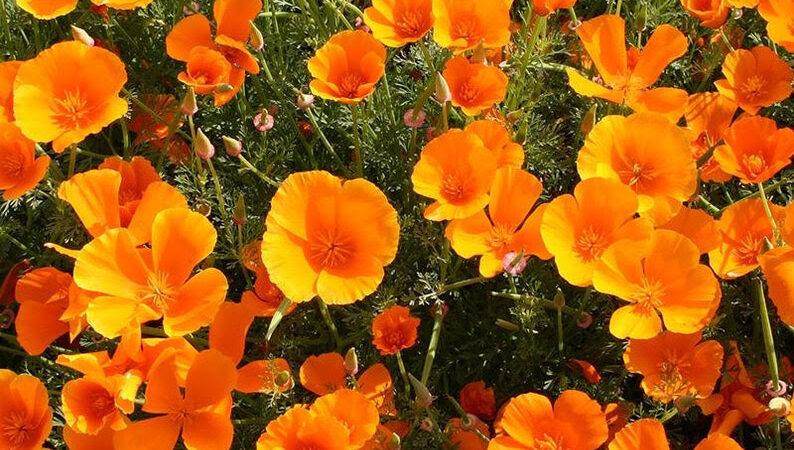
Among most effective plants to manage stress in horses:
- The Tilleul : rich in flavonoids, linden is known for its tranquillizing properties. It thus reduces stress in the horse and improves anxiety states. He is also a precious ally to regulate the blood pressure of an anxious horse.
- The Camomille matricaria is used in case of stress and digestive discomfort;
- Angelique supports the nervous system and has a soothing effect on the digestive system;
- Escholtzia calms anxiety and anxiety;
- L-ashwagandha is a powerful natural adaptogen. It is therefore a plant capable of balancing the endocrine, granular and circulatory systems of the horse, which is particularly interesting in case of stress. Ashwagandha reduces cortisol and stimulates serotonin in the brain. It is therefore a good choice for horses who tend to externalize their stress (tensive, aggressive, etc.)
- The Valerian has been used since ancient times for its effects on stress, anxiety and sleep disorders.
- Passiveness helps relieve anxiety in the horse. Studies have shown that it would be as effective as the benzodiazepine family of benzozepam.
- St John's wort helps relieve anxiety and nervous agitation.
The importance of preventing stress in horses
If herbal therapy is very effective in mitigating the effects of stress and anxiety in horses,a better solution remains prevention. This is why our laboratory has developed Equistressmix. In addition to a balanced diet and a serene living environment, this mixture of 9 tranquilizing plants will have soothing and relaxing effects on your horse. It will also support its digestive system in case of stress-related discomfort.
-
6 opinions
-
9 opinions
-
24 opinions


